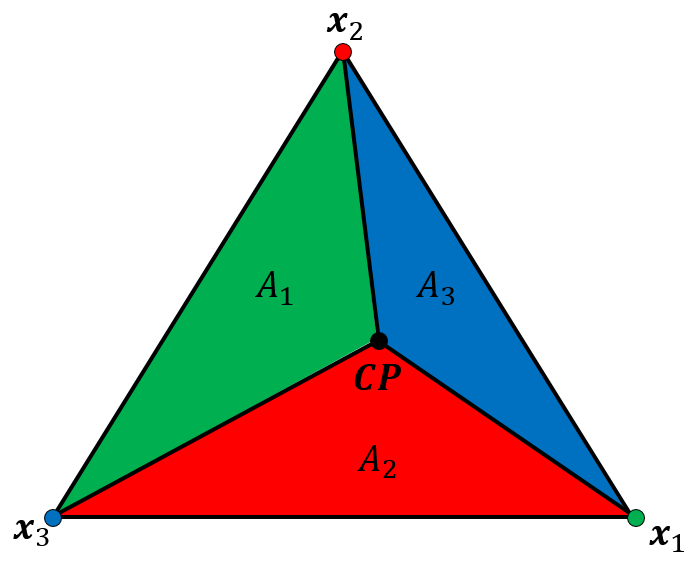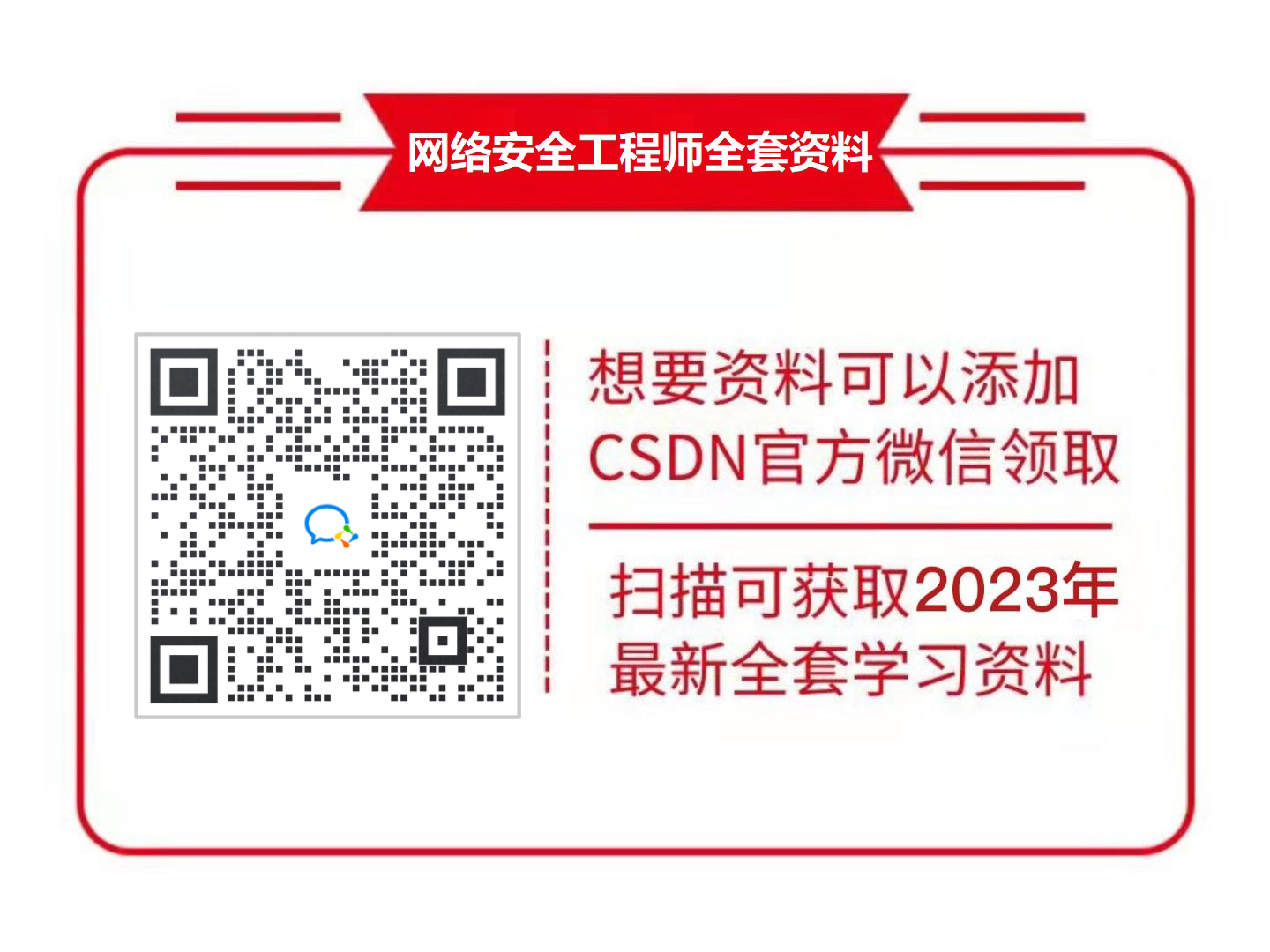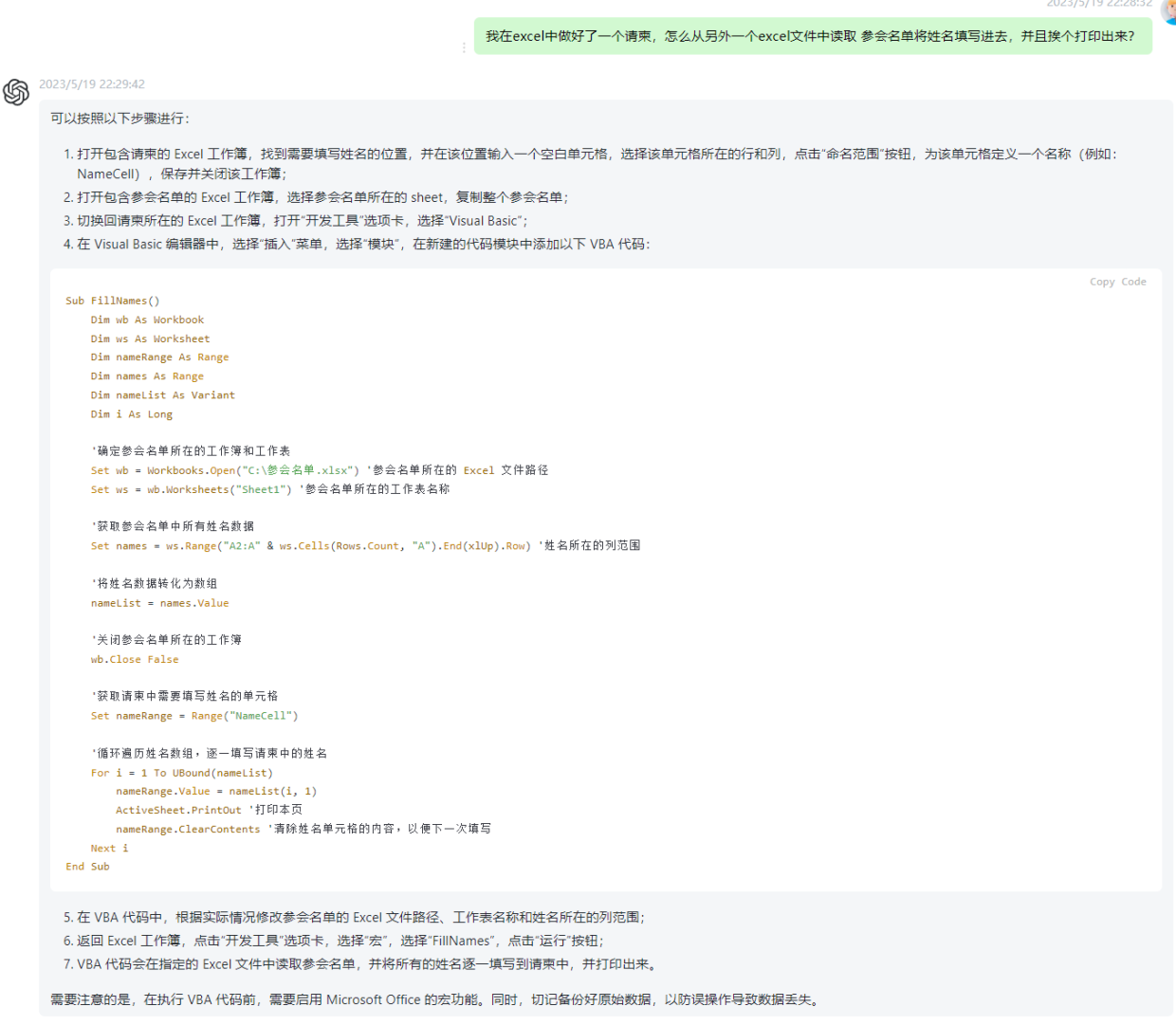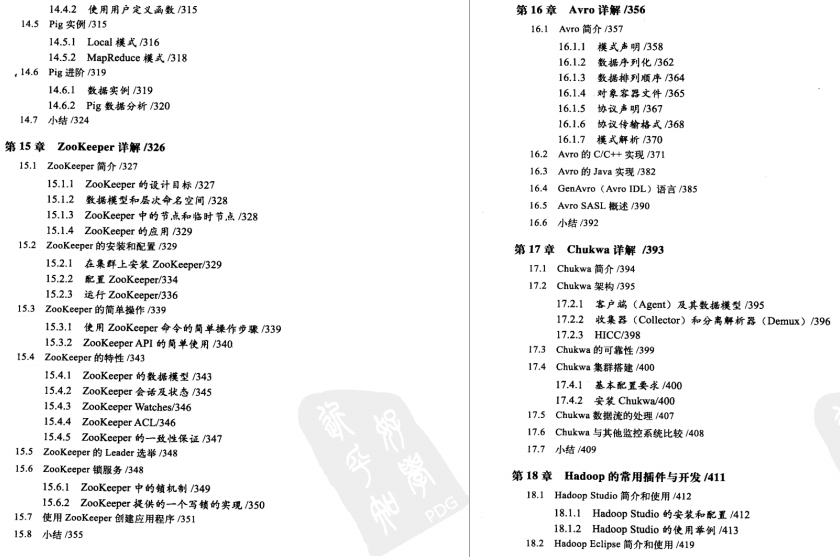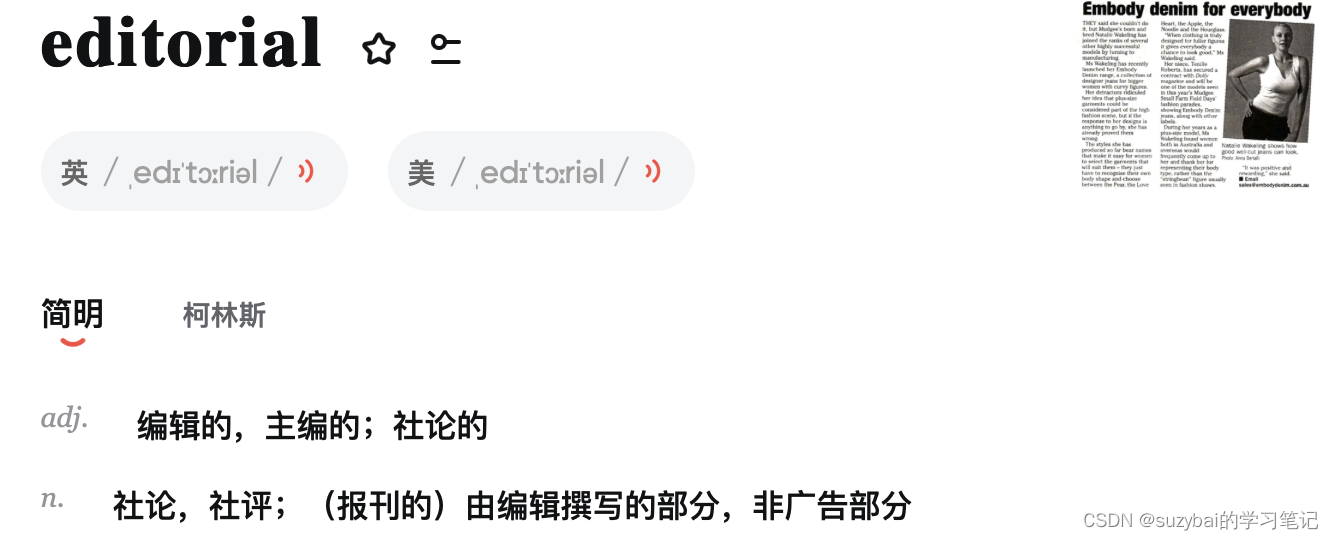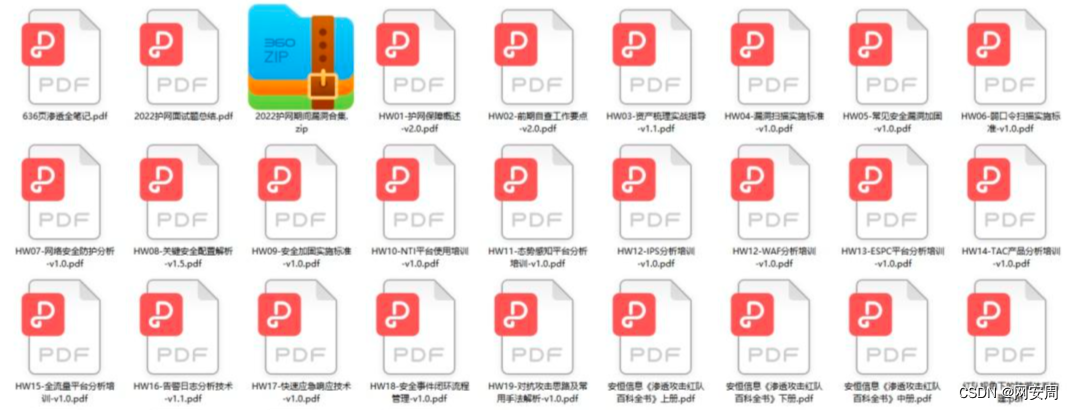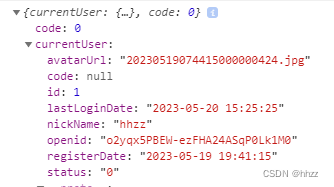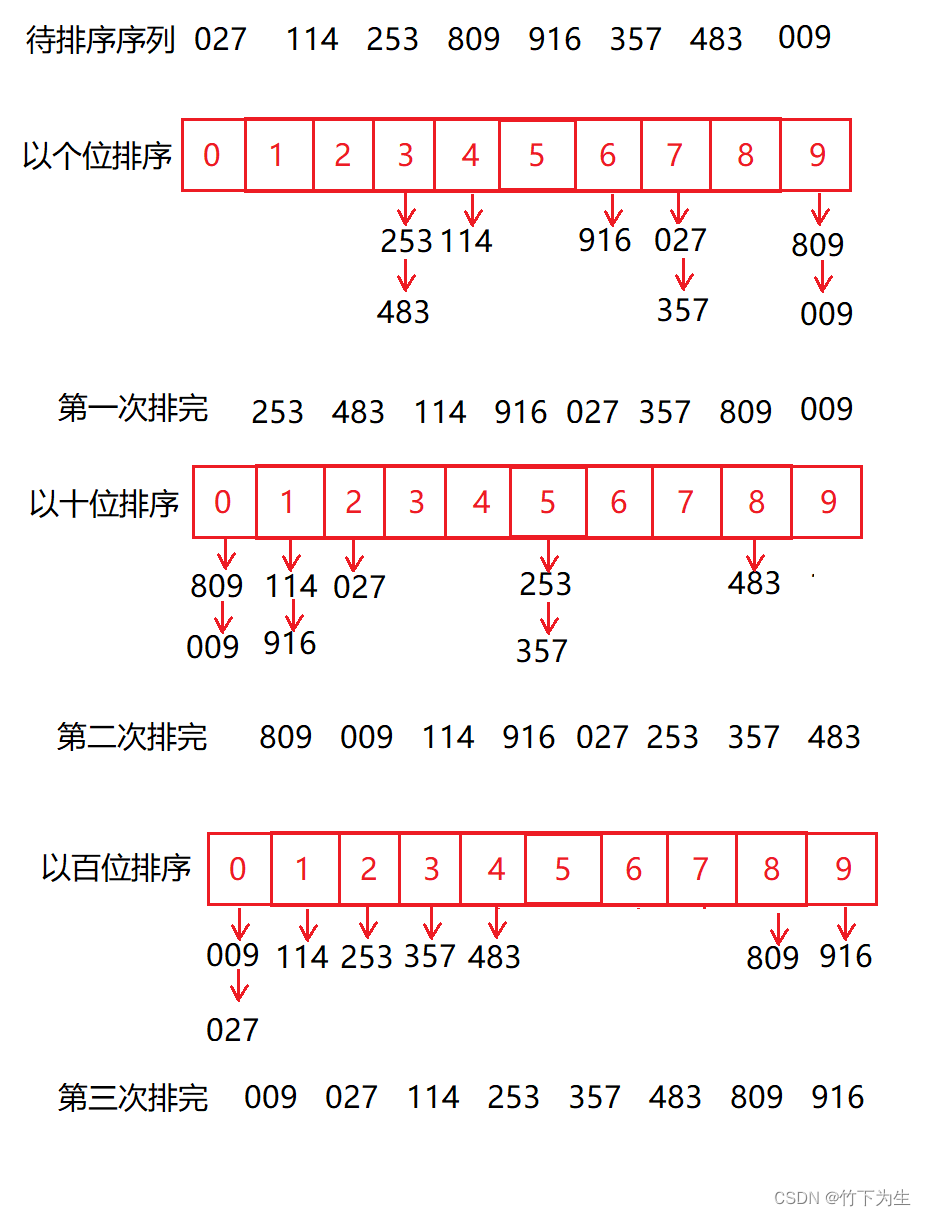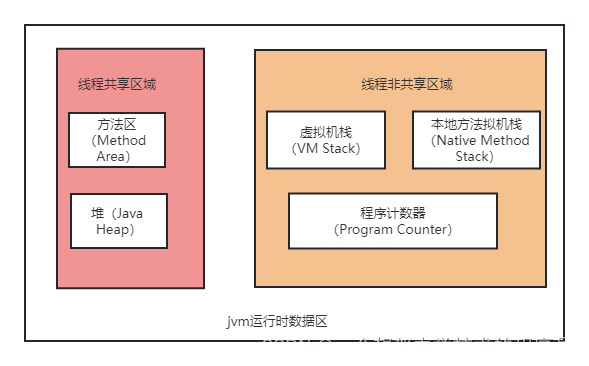目录
Coupling PFC and FLAC3D
1D Structural Element Coupling Scheme
Wall-Zone Coupling Scheme
2D
3D
Ball-Zone Coupling Scheme
Commands
FISH Functions
Coupling PFC and FLAC3D
在 FLAC3D 图形用户界面中,可以通过“工具 ‣ 加载 PFC”菜单项加载 PFC。 同样,FLAC3D 可以通过 PFC 图形用户界面中的“工具‣加载 FLAC3D ”菜单项进行加载。
1D Structural Element Coupling Scheme
一维结构元素(如梁、电缆、桩和土工格栅)由结构单元节点组成。节点现在可以通过结构元素链接链接到目标,包括球、块状鹅卵石、刚性块、区域或结构元素。创建 1D 结构图元时会自动创建链接。
Wall-Zone Coupling Scheme
耦合方案同时适用于区域网格点和结构元素节点。粗体变量表示向量,非粗体变量表示标量。耦合逻辑的工作原理是利用与墙体面的接触力和力矩,在面的顶点确定一个等效的力系统。这些力与刚度贡献一起被传递给网格点/节点。
为了使耦合在循环过程中处于活动状态,机械计算必须处于大应变模式,通过模型最大应变命令进行设置。(model largestrain command)
2D

3D
重心插值方案:一个顶点对面的三角形的颜色与顶点的颜色重合。
接触力和平移刚度通过公式外推到网格点和平移节点。对于结构单元耦合,接触力矩由键产生,旋转刚度也以这种方式外推到节点。
用PFC墙包裹区域和基于壳的结构元素。这种耦合允许球和团块与区域和基于壳的结构元素直接互动。
注意事项:
- In order for PFC to cycle in a coupled fashion, FLAC3D must be in large strain mode. This is set with the model largestrain command.
- The contact, PFC and wall-zone plugins must be loaded either via the Tools ‣ Plugins menu item or with the program load module command. In order to visualize PFC model components, PFC gui plugin must also be loaded; the program load guimodule command is used in this case.
| Wall-Zone Commands | |
|---|---|
| wall-zone compute-stiffness | 计算要添加到网格点gridpoints的刚度(默认b = false)。计算出来的刚度要乘以刚度系数(wall-zone stiffness-factor command)。 |
| wall-zone create | 用PFC墙包住FLAC3D区域。根据定义,PFC墙是指没有任何非manifold条件的三角形面的边缘连接集。(...range) |
| wall-zone full-computation | 打开/关闭完整计算模式。在完全计算模式下,通过计算等效应力来平衡力矩。 关闭时,重心插值用于计算网格点力和平移刚度。 |
| wall-zone stiffness-factor | 设置要添加到区域的刚度的乘法因子。默认情况下,系数为 1。 |
| wall-zone update-tolerance | 设置触发区域更新的容差。当动态过程没有激活时,FLAC3D会根据更新时间间隔或用户改变区域的几何形状来触发区域几何更新。当与PFC结合时,当与任何墙面接触的总接触刚度从一个时间段到下一个时间段的变化系数为f时,也会触发区域更新。 |
| Wall-Structure Commands | |
|---|---|
| wall-structure compute-stiffness | 计算要添加到节点nodes 的刚度(默认b = false) |
| wall-structure create | 用PFC墙包裹FLAC3D结构元素。 |
| wall-structure full-computation | 打开/关闭完整计算模式。 |
| wall-structure stiffness-factor | 设置要添加到结构元素中的刚度的乘法系数。 |
| wall-structure update-tolerance | 设置触发结构元素更新的公差。 |
Ball-Zone Coupling Scheme
The Ball-Zone coupling method is derived from the Bridging Domains and adapted to coupling PFC and FLAC3D by [Frangin2007] and [Breugnot2015].
Commands
创建球-区耦合的数据结构。这种耦合允许重叠的球和区经历一个运动学校正。( experience a kinematic correction.)
ball-zone create <range>
Identifies overlapping balls and zones (i.e. balls whose centroids lie within zones and the corresonding zones) and create the coupling datastructures.
FISH Functions
“FISH Type Index” section.
| Ball-Zone Utilities | |
|---|---|
| ball.zone.ball.list | 获取球区耦合球的全局列表。使用循环foreach结构来迭代该列表。 |
| ball.zone.ball.typeid | 获取球区耦合球的类型号。 |
| ball.zone.gp.list | 获取球区耦合网格点的全局列表。 |
| ball.zone.gp.typeid | 获取球区耦合网格点的类型号。 |
| Ball-Zone Intrinsics | |
|---|---|
| ball.zone.ball.ball(B_PNT) | Get the ball pointer. |
| f = ball.zone.ball.mass.factor(bzbp) | 获取/设置球区耦合球的质量系数。 |
| ball.zone.gp.gp(GP_PNT) | Get the gridpoint pointer. |
| f = ball.zone.gp.mass.factor(bzgp) | 获取/设置球区耦合网格点的质量系数。 |
